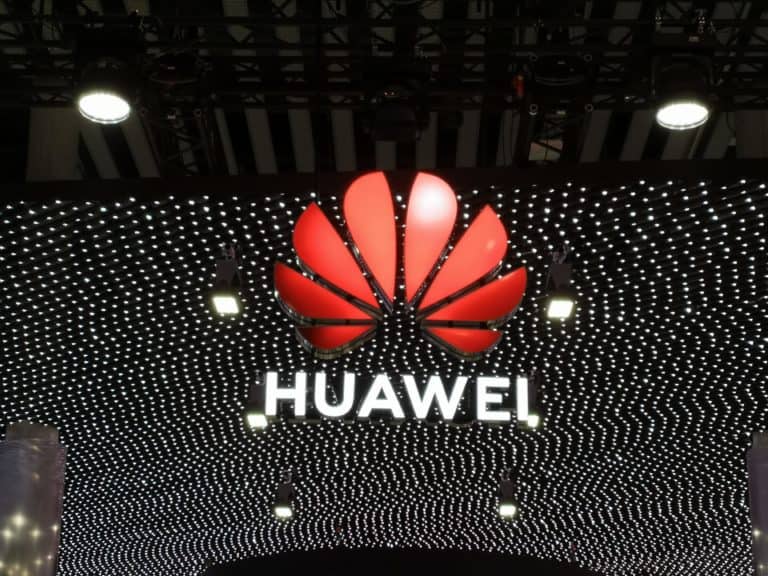American chip manufacturers, including Qualcomm, Xilinx and Intel, would quietly put pressure on the American government to relax the ban on selling to the Chinese manufacturer. That’s what sources who are familiar with the situation against Reuters say.
Huawei was blacklisted in the US in May, so it can no longer buy American-made products and services unless the government allows it to do so. The ban followed years of suspicions from America about Chinese espionage using equipment from Huawei. Intel and Xilinx executives would have been at a meeting with the Department of Commerce at the end of May to discuss a response to that decision. Qualcomm is said to have discussed the problem with the ministry as well, according to four insiders.
The chip manufacturers claim that Huawei’s departments, which sell products such as smartphones and computer servers, use parts that are widely available. It would therefore be unlikely that these components would cause the same security problems as the company’s 5G equipment, three insiders say to Reuters. “This is not about helping Huawei. It’s about preventing damage to American companies,” said one source.
The Semiconductor Industry Association (SIA), a trade group, confirms to Reuters that it has initiated consultations with the U.S. government on behalf of the companies, to help them comply with the ban and to inform officials about the impact on the companies. “For technologies that are not related to national security, it seems as if they should not be banned. We have passed this perspective on to the government,” says Jimmy Goodrich, vice president of global policy at SIA.
Not only chip manufacturers, but also Google would lobby to be able to continue selling to Huawei. The company itself states in a statement that it is working with the Ministry of Commerce to ensure that it complies with the new rules. A ministry spokesman says that it “regularly responds to questions from companies about the scope of the legal requirements”. According to him, the conversations do not affect ‘government actions’.
Intel, Xilinx and Qualcomm refused to respond to reports from Reuters. Huawei did not respond to a request for comment.
This news article was automatically translated from Dutch to give Techzine.eu a head start. All news articles after September 1, 2019 are written in native English and NOT translated. All our background stories are written in native English as well. For more information read our launch article.